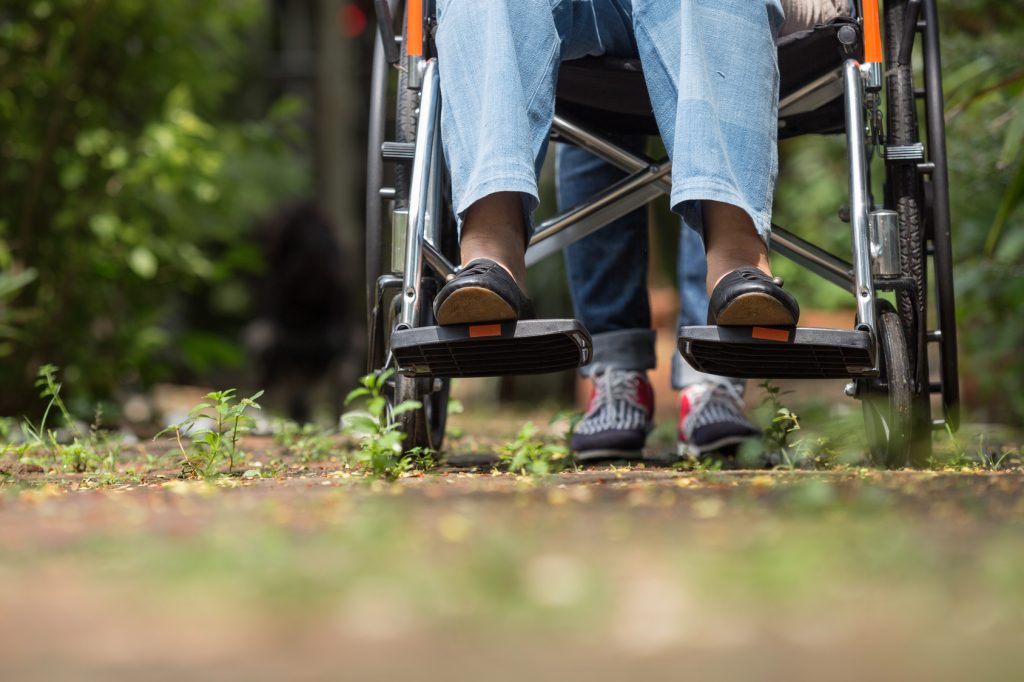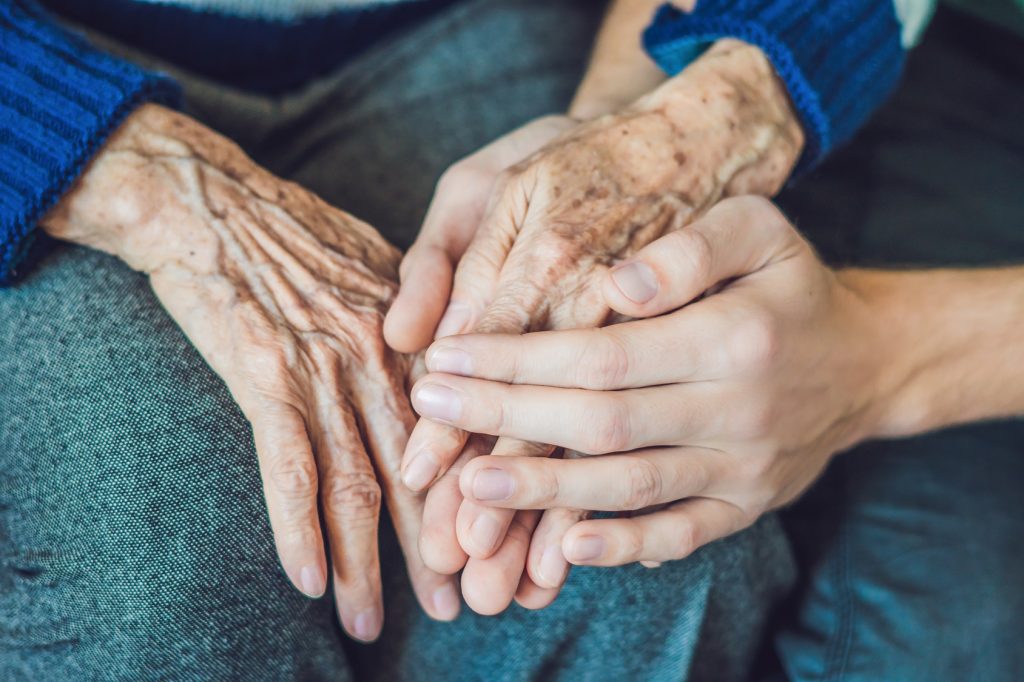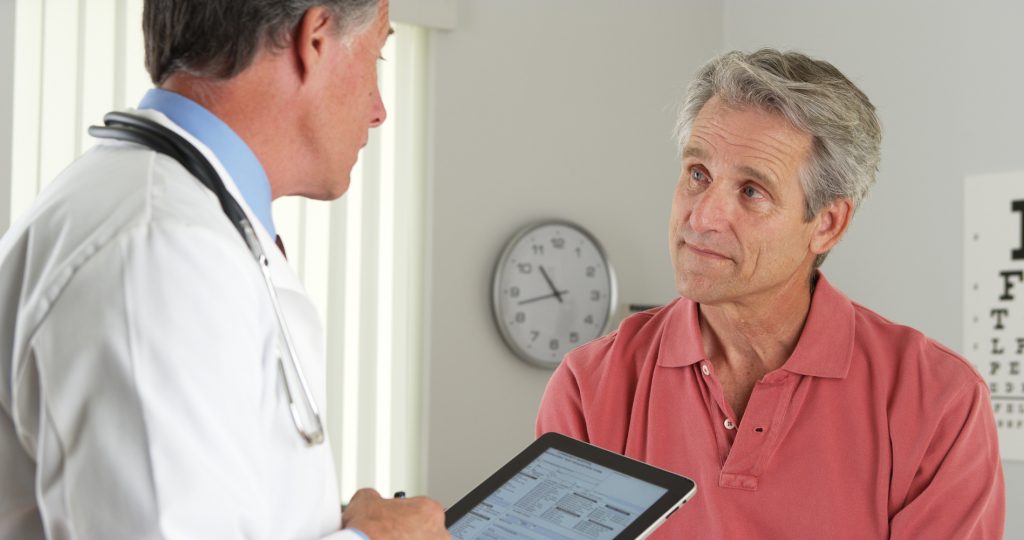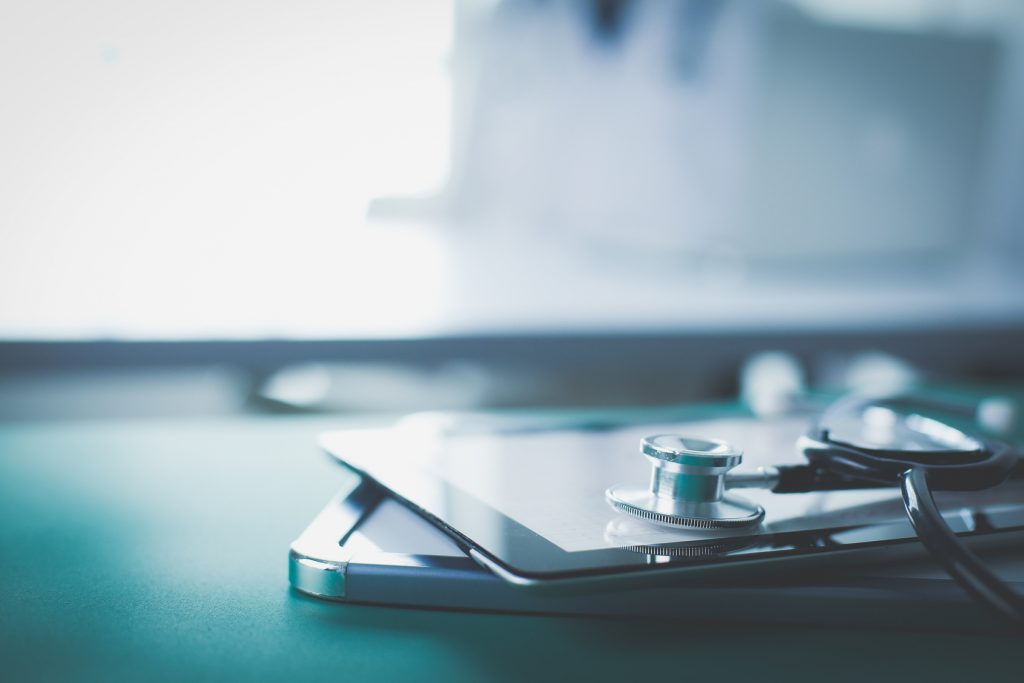Trump’s Immigration Policies Bad for U.S. Elder Care Industry
Immigrants account for a quarter of the long-term care workforce. Who will care for the elderly, if Trump has his way on immigration?
Never Say ‘Die’: Why So Many Doctors Won’t Break Bad News
The majority of patients with serious illness receive news in what researchers call a “suboptimal way.” Could training physicians to deliver bad news help?
Maine Death with Dignity Act Becomes Law
Maine’s Governor signed a bill into law on Wednesday to allow some terminally ill patients to pursue medically assisted suicide.
NP Role Expansion Bill Passes Pennsylvania Senate
Nurse Practitioners saw another victory in their quest for full practice authority on Wednesday in the Pennsylvania Senate.
Maine Law Allows PAs, NPs, Midwives to Perform Abortions
When the bill goes into effect next June, Maine will be the eighth state to permit advanced practitioners to provide abortion services.
Is the Professionalism of Doctors, Nurses Being Exploited?
Doctors, nurses often do what’s right by their patients, even if it comes at a high personal cost. Is their professional nature being exploited by those in charge?
VA Study Supports Advanced Practitioner Led Care
A new study has found no clinically important differences in patient outcomes, regardless of whether their provider is a physician, PA, or NP.
Healthcare Job Growth Continues Upward Trend
The latest numbers have been released from the U.S. Bureau of Labor Statistics, and the healthcare workforce remains healthy in terms of employment growth.
Healthcare as We Know It Can’t Keep up with CVS, Amazon
CVS Health, Amazon, UnitedHealth Group, and Optum are considered a “strong or extreme threat” to 88% of hospital, healthcare execs.
VA Implements Private Sector Healthcare Programs
The VA expands access to care under the VA MISSION Act, allowing vets to see private sector doctors, specialists in certain cases.









